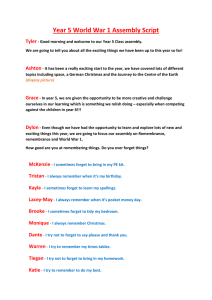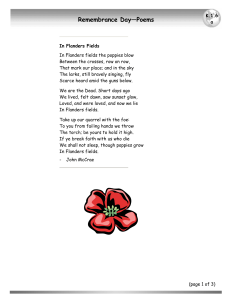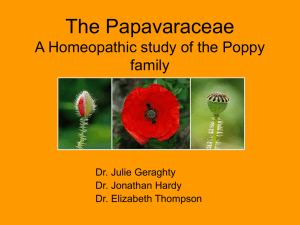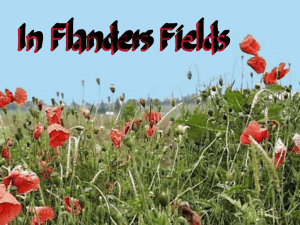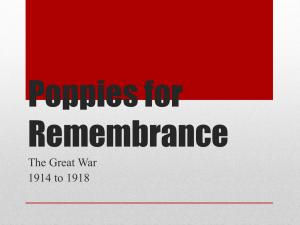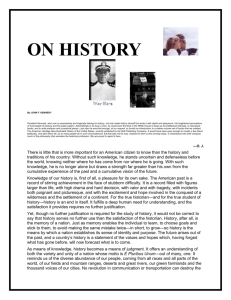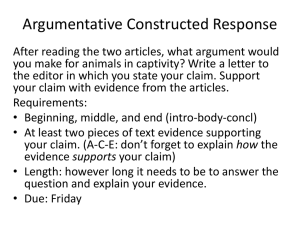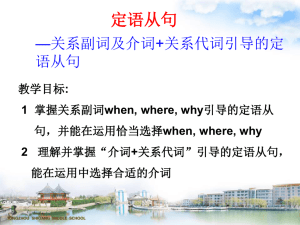remembrance_assembly
advertisement
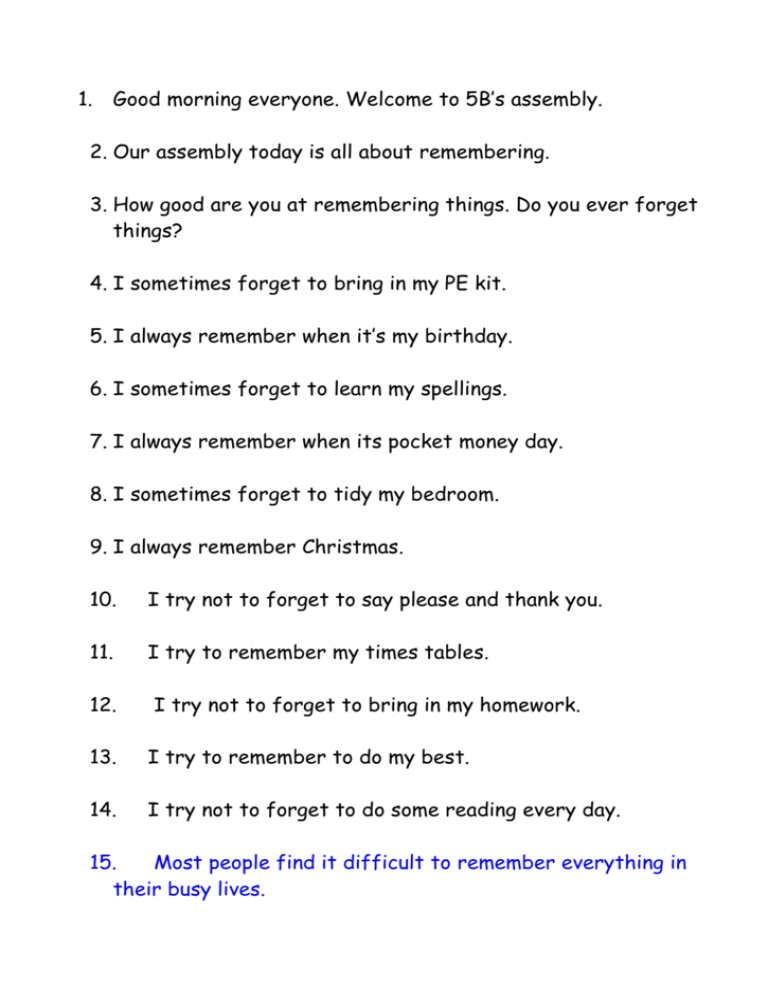
1. Good morning everyone. Welcome to 5B’s assembly. 2. Our assembly today is all about remembering. 3. How good are you at remembering things. Do you ever forget things? 4. I sometimes forget to bring in my PE kit. 5. I always remember when it’s my birthday. 6. I sometimes forget to learn my spellings. 7. I always remember when its pocket money day. 8. I sometimes forget to tidy my bedroom. 9. I always remember Christmas. 10. I try not to forget to say please and thank you. 11. I try to remember my times tables. 12. I try not to forget to bring in my homework. 13. I try to remember to do my best. 14. I try not to forget to do some reading every day. 15. Most people find it difficult to remember everything in their busy lives. 16. There are lots of different things we can use to help us remember things. 17. Important events can be written on a calendar. 18. You can keep important phone numbers in the memory of a mobile phone. 19. Post-it notes can remind us of things we need to do. 20. You can record things you have done in a diary. 21. Some people tie a knot in a handkerchief to help them remember something. 22. It is said that elephants never forget. 23. Many people write a shopping list so that they don’t forget anything at the supermarket. 24. Certificates remind us of our achievements. 25. Photograph albums hold many special memories. 26. Let’s see how good your memories are. 27. Which animals never forget? 28. Who held up the mobile phone? 29. What did _________ hold up? 30. What do people take to the supermarket? 31. Well done. You have remembered well. 32. We can all recall special times and experiences. We all have both sad and happy memories. Remembering helps us to learn from the past and to plan for the future. The sharing of memories is an important part of family, school and community life. 33. November is the time of year when we remember all those who sacrificed their lives for us during wars. 34. The eleventh hour of the eleventh day of the eleventh month marks the signing of the Armistice, on 11th November 1918, to signal the end of World War 1. 35. At 11am on November 11th 1918 the guns on the Western Front fell silent after more than four years of continuous warfare. 36. Remembrance Sunday is held on the second Sunday in November, which is usually the Sunday nearest to 11th November. Special services are held at war memorials and churches all over Britain. 37. A national ceremony takes place at the Centotaph in London. There is a big parade attended by members of the Royal Family, the Government and men and women from the armed forces. You will be able to watch this on television on Sunday morning. 38. There is usually a 2 minutes silence so that people can remember the brave men and women who died in the first world war, second world war and in other wars. It is a way of remembering not only past events but also the suffering that war continues to bring to the world today. 39. Some will remember heroes, others will mourn friends whose lives have been lost. The sharing of memories in this way ensures we never forget those who have gone before. 40. Remembrance Day is also known as Poppy Day because it is traditional to wear an artificial poppy. These are sold by the Royal British Legion, a charity dedicated to helping war veterans. 41. Why do we wear poppies to remember those who died in wars? 42. Some of the worst fighting in World War 1 took place in Flanders, the western part of Belgium. There was complete devastation. Buildings, roads, trees and natural life simply disappeared. All that was left was a sea of mud. 43. Only one living thing survived, the poppies. These colourful red flowers grew everywhere where the soil had been disturbed. The sea of mud became a sea of red flowers. 44. A young doctor, John McCrae noticed this on the day one of his best friends was killed. He was so moved by seeing the beautiful flowers in the middle of the mud and violence that he wrote a famous poem. You will hear this later. 45. The first Poppy Day was held in Britain on 11th November 1921 and raised a lot of money to help soldiers who had been wounded. 46. The poppies are sold by the royal British Legion. This is a charity which looks after ex-service people and their families. Nearly 11 million people in the UK are eligible for support from the Legion today. People as young as 17 can be sent on active service so veterans are often much younger than people realise. 47. Our slideshow will help you to remember some of the important features of Remembrance day. 48. We remember all those who died in the two world wars and all the wars since. 49. Fields of colourful re poppies grew over the mud and destruction of Flanders. 50. Artificial poppies are worn as a symbol of remembrance. Wreaths of poppies are places on war memorials. 51. This is the cenotaph in London, a national war memorial. 52. The graves of many of those who died are marked with simple white headstones. These can be found in all the countries where British troops fought in the 2 world wars. 53. Veterans march on Remembrance day to remember their fallen comrades. 54. The Queen and Prince Philip usually attend the ceremony in London. 55. Scouts, cubs, beavers, guides, Brownies and rainbows also march in many parts of the country. 56. We will now lead you in our schools act of remembrance. 57. First we will read John McCrae’s famous poem, In Flanders Fields. ………… 58. Let us now hold a two minutes silence to remember all those who gave their lives in war. You may like to bow your head or close your eyes. A bell will ring at the start and finish of the 2 minutes. 59. A poem called For The Fallen is often read aloud during the ceremony. Here is the most famous verse. 60. They shall not grow old, as we that are left grow old: Age shall not weary them, nor the years condemn. At the going down of the sun and in the morning We will remember them. 61. Let us pray. 62. Lord God, we thank you for the gift of memories that we can share together. Help us not to forget the feelings of others. May we heal painful memories through kindness and create better, happier memories for tomorrow. 63. Help us to remember all those who have lost their lives in war. Help those who suffer because of war today. Help those in power bring peace and an end to violence. Amen. 54. We will end by singing_____________________. 55. Thank you for taking part in our act of remembrance today. Why not find out what ceremonies are happening where you live this weekend. Or why not watch the London ceremony on television?
